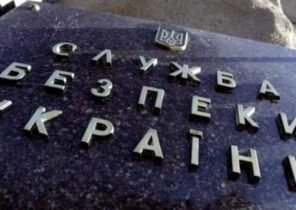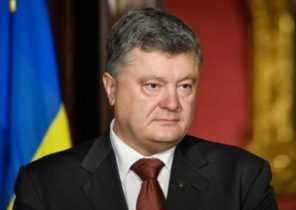“When I worked in Kiev with foreign students, I was impressed by the diligence and efficiency of Chinese students. I wanted to see the country from which the boys came,” said Victoria Fedulova, a teacher at the Institute of Slavic languages, Harbin pedagogical University (Heilongjiang province, northeast China) who came from Russia, explaining his initial desire to come to China.
In December 2015 Victoria began teaching at the University. The following year her husband and son also arrived in Harbin, the administrative center of Heilongjiang province, and the family was immediately fascinated by China its history and culture.
“We like the Chinese traditional architecture, we visited the forbidden city, Temple of Heaven, Confucius Temple and other attractions, said Fedulova. — Better to see once than hear a hundred times. Because each city, each province of China is unique, and we want to visit more places”.
Victoria always strives to better learn the Chinese culture. “The more you know China, the more I want to learn it further,” she said, noting that now is studying Chinese ink painting.
“When I watched draw others seemed so easy. But when I picked up the brush and tried myself, I realized that things are not so simple. I studied Russian folk painting, but the technique of Chinese traditional painting is quite different and unusual. I’ll keep trying,” said Victoria, showing correspondents your drawing bamboo in ink.
In the nearly five years since its arrival in China Victoria Fedulova felt the change in the city and the country’s development — a convenient electronic payment system, large transport interchanges, more diverse cultural events, as well as effective landscaping. “I like the lilac that blooms everywhere in the city. Now I feel like I’m home when I go outside and breathe in her scent,” she said.
According to Victoria, at the beginning of the stay in China of course had some difficulties, including language barrier. “But there have always been people who explained, showed and helped, and the problems receded. So we are very grateful to our Chinese friends for their help and support,” she shared.
“Much concern about the epidemic covid-19 in China I had, because I’m sure that the difficulty the country will soon overcome,” said Victoria. She believes that when the state has the General idea, and the people believe in their country, it is able to overcome the problems.
In her view, the epidemic in China is under control and minimized, and the effectiveness of measures to combat the epidemic, the country has made, has been proved.
3 Mar Victoria started distance lessons for students of the Institute on an online platform. Currently, she has seven lessons every week. “The first online lesson I had with students. The guys were very serious and active. The lesson is not passed — flew by! All missed and I had some things to tell you,” she said.
Victoria Fedulova noticed that some students are very confused when it comes to the inclusion of video and the need to speak in Russian. “I told the students that we’re friends, and I don’t laugh at the mistakes. On the contrary, you learn from mistakes”, she said.
These days, Victoria thought of how to enrich the learning of students. May 9, the students spent reading Russian poems in the online platform in honor of Victory Day.
She is sure that live communication with students face-to-face remains important. In the class once it becomes clear that someone something is not understood, and if necessary, to repeat or to explain more deeply and thoroughly. Victoria believes that soon recover the usual work.







